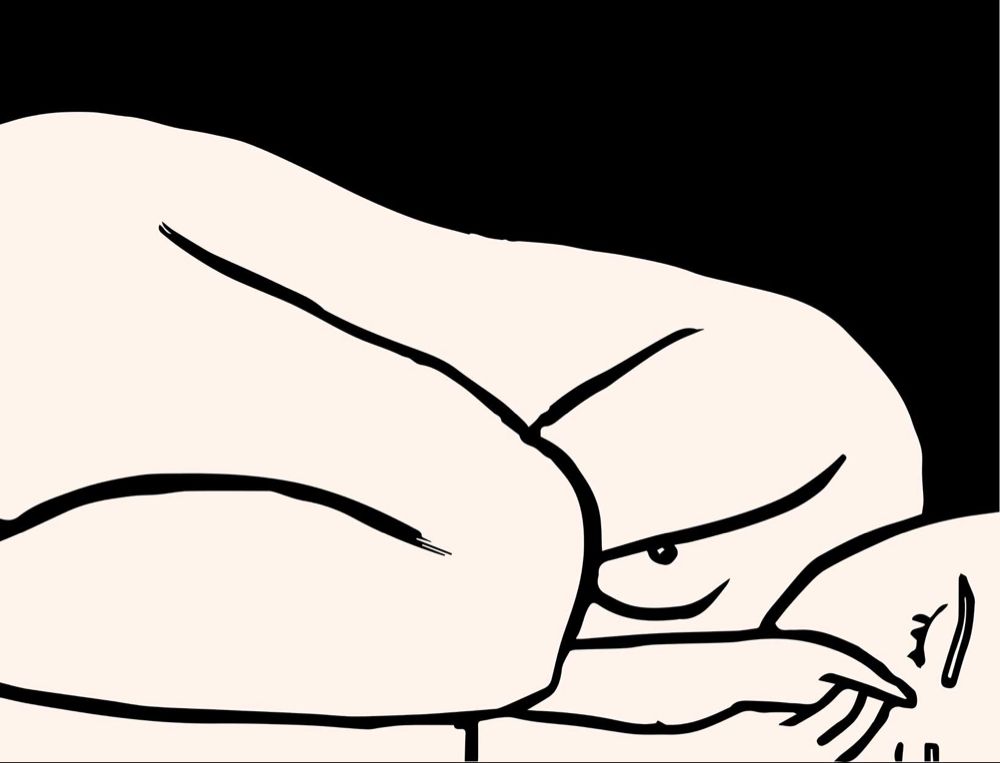6 Signs Of An Emotional Wound And How To Heal It

Emotional Wounds, It is so hard to describe something that intangible. It is easier to ignore it rather than speaking out and clear it.. However, it is much healthier to do so. Did you think about this? In other words, when you feel hurt, what do you do? Let me take you for a journey on what happens when we are emotionally wounded ? What are the signs that highlight the hurt? And finally, how to start healing that wound?
Hidden injuries simply occur from unmet expectations in relationships, such as: peer rejection, death of someone, broken of a romantic relationship. Emotional wounds reflect in the same area in the brain the same as physical pain. Our minds do not differentiate between physical and emotional wounds. Many studies found that the anterior insula and the anterior cingulate cortex both are affected in the physical and emotional pain(Fogel, 2012). That gives a big spot on the danger of emotional trauma.
Although, emotional wounds are hard to detect, but those signs are the most familiar to detect,
- Losing interest in your normal lifestyle.
Avoidance needs books to be explained, but generally it could range from avoiding social gatherings, avoiding emotional talks, escaping from life, to a body with no soul.
When you face a stressful situation that causes emotional pain, it causes tons of fears. When I came back to Egypt during the vacation and my friend died, many negative thoughts were built up. “ What if” and “judgment thoughts” guided my life. What if I returned back to Egypt again and one of my family members died, what if I became closer to people and I lost them. Then, I spotted this negative talk, which will deteriorate my life. I have to be mindful. Avoidance will make me lose people who love me and people I love. In other words, it will make you lose life.
The solution is to be mindful of your negative talk, and start healing with those who want to help you. Connection is an antidote. I can hear you saying it is not that easy, yes it is not, but I have a strong belief that you and I can do it by making decisions.
- Anger from small things
Facing emotional pain makes you intolerant of any small situation. Anxiety ruins your mind. The pain is hard.
Did you become more nervous at work? You could not bare anyone at home to speak with you. It is normal, but you can start treating it by acknowledging your worries.
Express your feelings, it is totally fine to tell people what is going on ? and then admit why you act like this ? Think about what you need to let go? And what do you need to add to yourself?
Make use of your hurt. Worries, anxiety, fears are coming to send you a message, to teach you a skill.
- You recall the situations million times in your head
Recalling the situation thousands of times, sitting with friends and talking again about the day that the situation happened, opening the pictures and watching them. I will only ask you a question, will that get back your loss? Does it increase or decrease your pain?
There is a great difference between healing the wound and opening the wounds. You can choose to make a specific time for getting out your feelings in a journal for a specific time. But it is not useful at all to talk about the situation for 24 hours with no intention of relief. It is painful, your mind does not help you, but setting a time for emotional release is a good start. Try this method for a month and let me know what happened?
- Overwhelmed fears.
Fears get doubled when we face trauma. We are afraid to be in another harmful relationship, or losing people, or being embarrassed by people, or even listening to bad comments from anyone.
‘Believe in yourself and journey, and your great purpose in life’.
Looks easy, but millions of meanings can be defined from this sentence. The opposite of fears is secured. Can you tell me, what makes you secure? For me, it is when I feel fulfilled.
That’s why I started a gratitude Box, where I write three reasons I am grateful for, and not repeat. This is a daily exercise. Yes, it makes us feel the blessings that surround us. It could be that you are grateful because you are breathing. Keep doing this exercise daily, and revisit it after one year. It would be amazing to share with me what you feel when you read it after a long time.
- Unorganized sleep schedule
Sleeping schedule will be totally different when you are worries, you might be recalling the situation while you are sleeping.
The solution is in making a night routine. One- Hour before sleeping:
- No food
- Avoid using the phone
- Also, set the night mode on your mobile phone
- Drink chamomile and you can use lavender essential oil in your hands
- Meditate to calm and quite
Sleep deeply…
- Very different mood swings.
When we are overloaded with emotions, we tend to be in a mixed feelings state. Crying and sadness can pop up anytime.
Feel your pain, listen to your hurt. Grief process takes time. Your decisions can help or deteriorate you, depending on what you choose.
“Name it to tame it”
Be aware of your feelings, be familiar with the emotion will relax the intensity of what you are experiencing.
Conclusion:
It needs courage, persistence to heal emotional traumas. You can choose to heal it, which is difficult and takes time or keep it but keep the pain and overwhelming thoughts and physical heaviness. Let me give you a simple example.When I was a kid, and my mother asked me to swap the floor, I swapped it under the mat rather than collecting it and throwing it. This is so similar to traumas, you need more effort in recognizing the wound and getting it out and letting it go than keeping it inside your heart, just avoiding the pain of healing.
But I could promise you that you will feel the glam of freedom after reaching a good point in your healing journey.
Small habits will change your life:
- Meditate 5 minutes everyday
- Journaling time, where you get our your feelings
- Thankful Box or journal
- Expressing your feelings
- Naming your emotions
Try one of them regularly and share with me, if you would like, if you feel any changes.
Outro:
If you have faced any of the mentioned signs, you have taken the first step by recognizing it. Now you can make a conscious effort to heal from an emotional wound. There are many tools that can help you in grief and pain.
Depending on your circumstances, treatment may include:
- addiction counseling
- anger management
- cognitive behavioral therapy
- exposure therapy
- meditation
- relaxation and stress reducing techniques
- talk therapy
Resources:
Eddins, R. ( 28 March, 2020). Coping Skills for Managing Stress & Anxiety in Uncertain Times, Eddins Conselling Group, retrieved from: https://eddinscounseling.com/coping-skills-for-managing-stress-anxiety-in-uncertain-times/
Gilbert, P. (2017). Compassion as a social mentality: An evolutionary approach. In: P. Gilbert (ed). Compassion: Concepts, Research and Applications. (p. 31-68). London: Routledge
Ricciardi, E., Rota, G., Sani, L., Gentili, C., Gaglianese, A., Guazzelli, M., & Pietrini, P. (2013). How the brain heals emotional wounds: the functional neuroanatomy of forgiveness. Frontiers in human neuroscience, 7, 839. https://doi.org/10.3389/fnhum.2013.00839
Schachter, S., and Singer, J. E. (1962). Cognitive, social and physiological determinants of emotional states. Psychol. Rev. 69, 379–399. doi: 10.1037/h0046234
Vickers, K. S., and Vogeltanz-Holm, N. D. (2003). The effects of rumination and distraction tasks on psychophysiological responses and mood in dysphoric and non-dysphoric individuals. Cogn. Ther. Res. 27, 331–348. doi: 10.1023/A:1023970501448



Responses